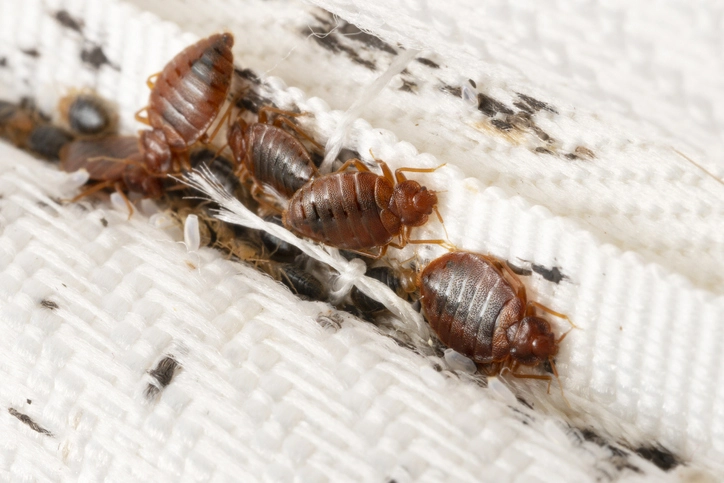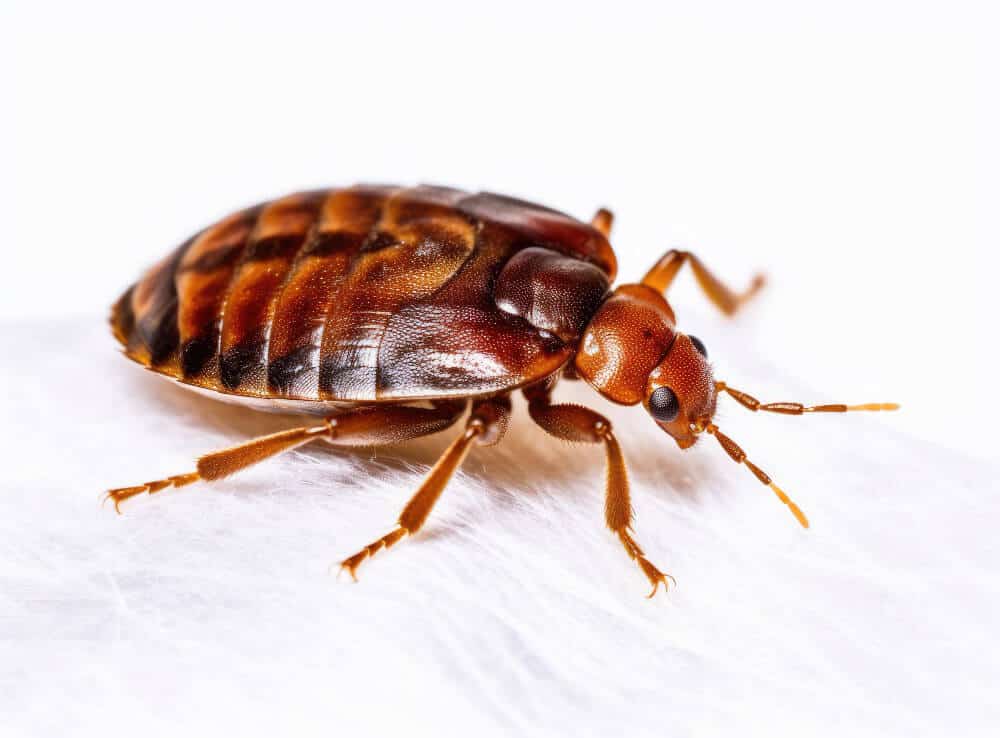Understanding the Lifecycle of Pests for Targeted Control Strategies
Recognizing the lifecycle of parasites is a fundamental facet of efficient parasite administration methods. With a much deeper understanding of exactly how parasites prosper and evolve, customized control methods can be developed to resolve particular factors in their lifecycle, ultimately leading to even more effective insect monitoring outcomes.
Relevance of Comprehending Parasite Lifecycle
Comprehending the lifecycle of bugs is essential for establishing efficient and targeted control techniques in bug monitoring. By understanding the various stages an insect goes via from egg to adult, insect control experts can determine susceptible points in the lifecycle where intervention can be most successful.
Moreover, acknowledging the specific environmental conditions required for each stage of the parasite's lifecycle can direct decisions on environment alteration or exemption techniques to reduce and interfere with the lifecycle parasite populaces. This understanding makes it possible for pest monitoring experts to execute proactive actions instead than depending entirely on reactive therapies, resulting in more long-lasting and sustainable pest control remedies. Eventually, a detailed understanding of parasite lifecycles encourages bug control specialists to customize their methods successfully, reducing environmental influences and maximizing control end results.
Secret Stages in Parasite Advancement
To efficiently carry out targeted control methods in bug monitoring, a crucial facet exists in thoroughly determining and comprehending the crucial phases in bug advancement. Bug advancement usually consists of several key phases that are critical for their lifecycle and monitoring.

Vulnerabilities in Insect Lifecycle
Throughout the different phases of a parasite's lifecycle, distinctive vulnerabilities emerge that can be purposefully targeted for efficient control actions. One essential vulnerability depends on the egg stage, where parasites are typically more vulnerable to certain pesticides or biological control agents due to their soft external covering, making them simpler targets for treatment. In addition, the larval or nymph phase presents susceptabilities as bugs go through rapid development and growth, requiring high energy usage that can be manipulated by disrupting their food sources or presenting development preventions. Pupal stages, characterized by immobility and change, offer a home window for targeted control with physical obstacles or specific treatments that impede effective emergence. Finally, adult bugs, while extra durable as a result of their reproductive ability, can still be vulnerable during mating or egg-laying activities, which can be disrupted through pheromone Recommended Reading traps or sterilization methods. Comprehending these susceptabilities in the bug lifecycle is essential for developing efficient and precise control strategies that efficiently handle insect populations while minimizing ecological influence.
Executing Targeted Control Measures

Carrying out targeted control procedures normally entails a multi-faceted technique. internet This may include environment alteration to make the setting much less welcoming to insects, such as getting rid of standing water for mosquito control or sealing access points for rats. Additionally, biological control approaches can be used, where all-natural killers or microorganisms are presented to keep insect populaces in check.
Chemical control, such as the careful application of chemicals, is an additional common approach. It is crucial to use these materials judiciously to reduce ecological influence and possible harm to non-target species - A1 bed bug removal houston. Integrated Parasite Management (IPM) techniques that integrate numerous control measures in a collaborated and sustainable manner are commonly the most effective in attaining lasting pest management goals. By implementing targeted control steps based upon a detailed understanding of pest lifecycles, pest populations can be effectively regulated while minimizing risks to human health and the setting.
Improved Bug Administration Practices

Furthermore, the unification of biological control representatives, such as natural predators or virus of pests, can assist lower reliance on chemical pesticides and promote an extra well balanced environment. Applying physical barriers and traps can likewise become part of improved insect administration practices, providing non-toxic and targeted options for parasite control. Furthermore, using scents and various other semiochemicals can disrupt pest breeding patterns and interaction, bring about decreased insect populaces gradually.
Verdict
By determining essential stages in parasite growth and vulnerabilities in their lifecycle, targeted control steps can be implemented to decrease parasite populations. Enhanced parasite management techniques can help lower the reliance on broad-spectrum pesticides and advertise more environmentally pleasant and sustainable parasite control approaches.
Comprehending the lifecycle of pests is essential for creating efficient and targeted control strategies in bug management. By understanding the different phases a bug goes through from egg to grownup, pest control specialists can identify at risk factors in the lifecycle where intervention can be most effective. Ultimately, a thorough understanding of bug lifecycles empowers bug control practitioners to customize their techniques properly, taking full advantage of and decreasing environmental influences control outcomes.
By carrying out targeted control measures based on an extensive understanding of parasite lifecycles, insect populaces can be effectively managed while decreasing risks to human health and wellness and the setting.
By identifying essential phases in parasite development and susceptabilities in their lifecycle, targeted control measures can be carried out to decrease pest populations.